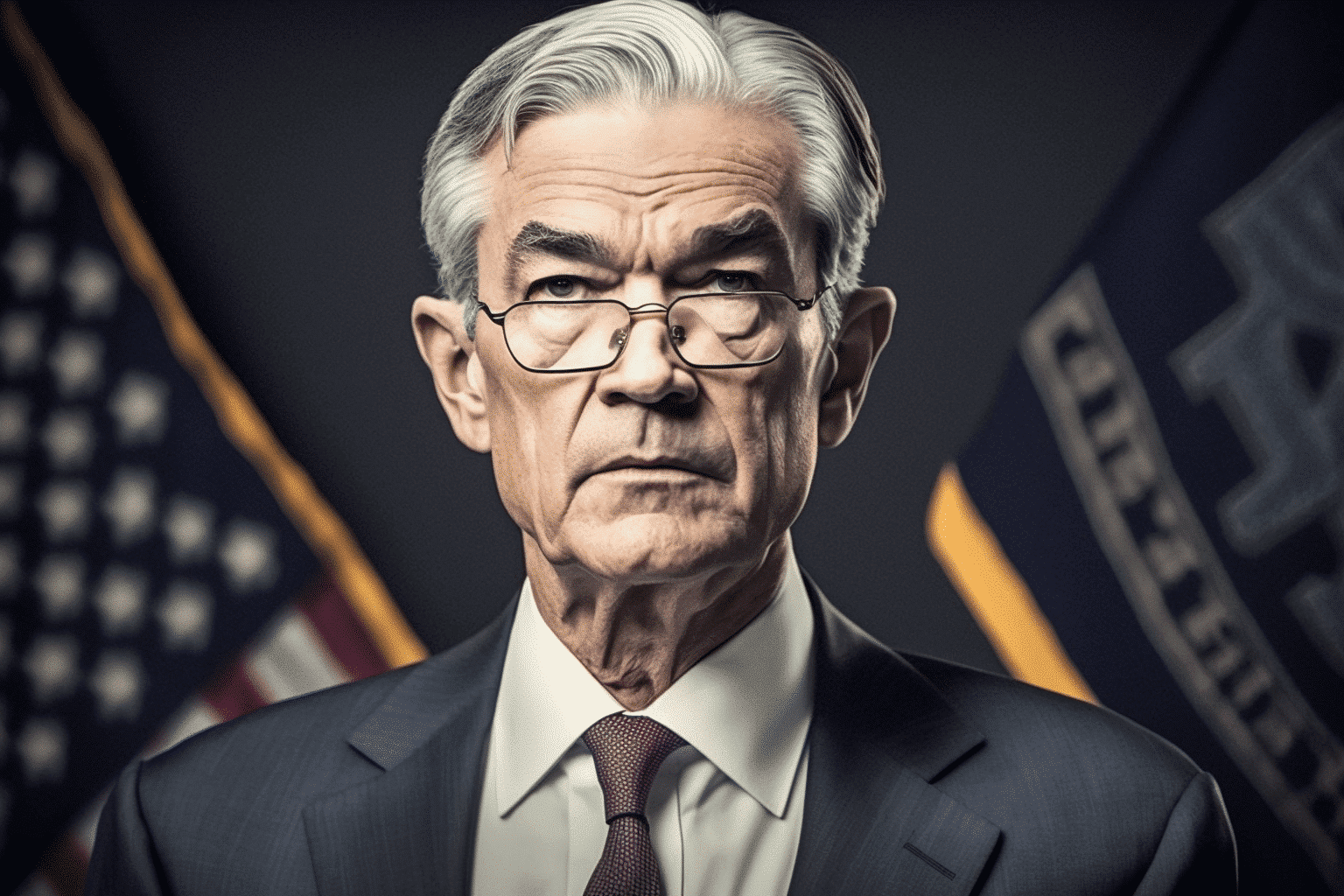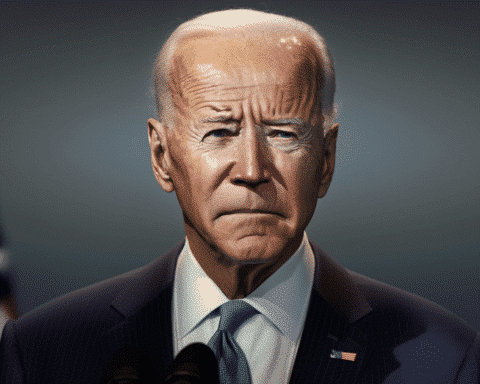Federal Reserve Chair Jerome Powell returns to Congress this week for a two-day hearing as inflation pressures continue to pose challenges for the Fed. Last June, Powell appeared before Congress when inflation had reached a four-decade high of nearly 9% with no signs of slowing down. The Fed has since raised interest rates to combat inflation, which has declined for seven consecutive months. However, the task for Powell has become even more complicated as recent data paints a different picture of the economy. Consumer spending remains strong, hiring continues to be robust, and the economy continues to grow while inflation pressures are easing more gradually than previously thought. The Fed is facing a delicate balancing act as they must navigate concerns from Democrats about the aggressive rate hikes causing a recession and reassure Republicans that the Fed is taking action to curb inflation. The high-risk situation puts Powell in a challenging position during the congressional hearings, where other issues, such as replacing the former Vice Chair Lael Brainard and the government’s borrowing limit, may also arise.
As the Fed grapples with balancing inflation and economic growth, Powell will likely face questions and criticisms from both parties in Congress. Democrats may argue that the current inflation is mostly due to global factors such as supply shortages and price-gouging by corporations, while Republicans may push for the Fed to take stronger action to cool inflation. Some Democrats may urge the Fed to raise its inflation target to 3%, while Republicans may call for a substantial increase in the key rate. However, Powell has clarified that he opposes any changes to the inflation target, as it may undermine the Fed’s credibility in fighting inflation.
On top of inflation pressures, Powell may also face questions about the Fed’s plans for future rate hikes. Economist Michael Pearce of Oxford Economics expects the Fed to raise its key rate by a quarter-point at each of its next three meetings, with the possibility of additional hikes. As the Fed’s rate hikes typically make borrowing more expensive, it can slow spending and inflation and increase the risk of a recession.
Additionally, Powell may face questions about replacing former Vice Chair Lael Brainard and the consequences of Congress failing to raise the government’s borrowing limit. The Biden administration uses financial maneuvers to avoid defaulting on Treasury securities, as congressional Republicans demand steep spending cuts to raise the debt ceiling. Powell has emphasized that the Fed cannot protect the economy from the consequences of failing to act on time and that Congress must raise the debt ceiling.
Powell’s appearance before Congress this week will be closely watched as he navigates the challenges posed by inflation pressures and balances the concerns of both parties. The outcome of the hearings may have far-reaching impacts on the economy and the Fed’s future actions.




